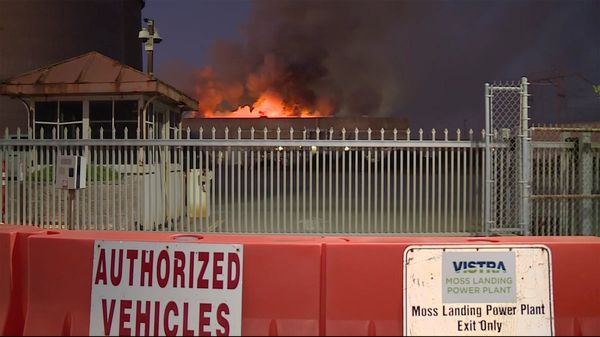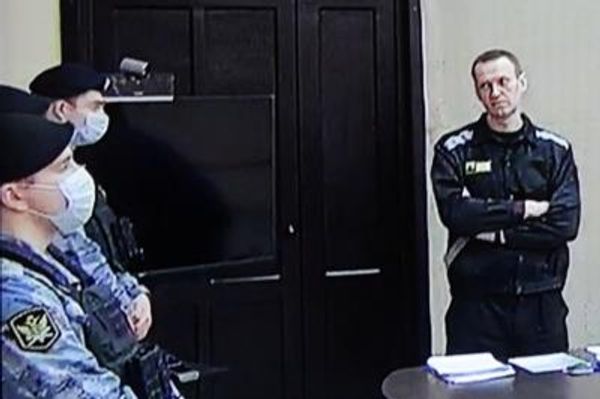Well, that was quite fun. A pity it is unlikely to ever happen again. From Germany’s departure and Japan’s joy to Belgium’s walking football performance and Australia’s delight, the final round of group games have produced a remarkable amount of excitement.
There was not a single dead rubber, with the past four days serving as firm evidence that this format is anything but stale. Since being introduced at France 98, the four teams in eight groups format has consistently delivered tension and drama with few exceptions.
But FIFA, in pursuit of increased revenues and to keep more members satisfied, have decided to expand further for 2026 at a tournament that will be held across three countries that is already bringing warranted focus around its impact on the climate and questions around political and human rights issues.
So how will the 2026 World Cup format work?
The governing body is proposing that the 48 qualifiers will play in 16 groups of three with the top two from each progressing to a round of 32. That would mean only 16 additional games from the 64 in the current format but the 16 teams knocked out at the first stage will play just twice.
And to add another element to irritate traditionalists - this week it was revealed that FIFA are weighing up a sickly-sweet proposal to suit the American audience for whom ties are anathema by introducing penalty shootouts that will offer a bonus point.
FIFA’s council have previously voted unanimously in favour of three-team groups but there is growing pressure for them to consider revising that plan and going with a 12-group, four-team format. The momentum behind campaigning for four-team groups is picking up after this week’s action. Except that will extend the tournament by several days and lead to a situation where eight of the best third-placed teams will still reach the knockout stages.

How will the extra 16 places be awarded?
Africa – nine places (up from 5)
Asia – eight places (up from 4.5)
Europe – 16 places (up from 13)
North and Central America – six places, including three co-hosts (up from 3.5)
Oceania – one place (up from 0.5)
South America – six places (up from 4.5)
Two from a play-off tournament not including European teams
The stadiums
There will be 16 stadiums used, split across the three host countries with the majority in the States. The final is set to be held in New York.
While no new stadiums are being constructed, eight of the venues use artificial turf that will need to be replaced.
USA (11): Atlanta – Mercedes-Benz Stadium, Boston – Gillette Stadium, Dallas – AT&T Stadium, Houston – NRG Stadium, Kansas City – Arrowhead Stadium, Los Angeles – SoFi Stadium, Miami – Hard Rock Stadium, New York/New Jersey – MetLife Stadium, Philadelphia – Lincoln Financial Field, San Francisco – Levi’s Stadium, Seattle – Lumen Field.
Canada (2): Toronto – BMO Field, Vancouver – BC Place.
Mexico (3): Guadalajara – Estadio Akron, Mexico City – Estadio Azteca, Monterrey – Estadio BBVA.
The climate concern
For all of Doha’s faults - although this is a point weakened by the presence of air conditioning everywhere - one benefit has been how contained the entire tournament has been.
Not so much in 2026, a competition that will stage games as far north as Vancouver, south as Mexico City, east as Boston and west as San Francisco.
Group games will be regionalised but even then, to use the west region as one example, there are 2,750 miles between Vancouver and Guadalajara. The air miles required for the teams and supporters going deep in the competition will be troubling.
And let’s not forget the politics
Following the most political World Cup ever and heightened awareness of human rights issues, there will be an emphasis on the US and Mexico being held to account around their own societal problems.
There should be intense scrutiny on abortion laws and gun control in the US - and in Mexico attention on the drug cartels.







